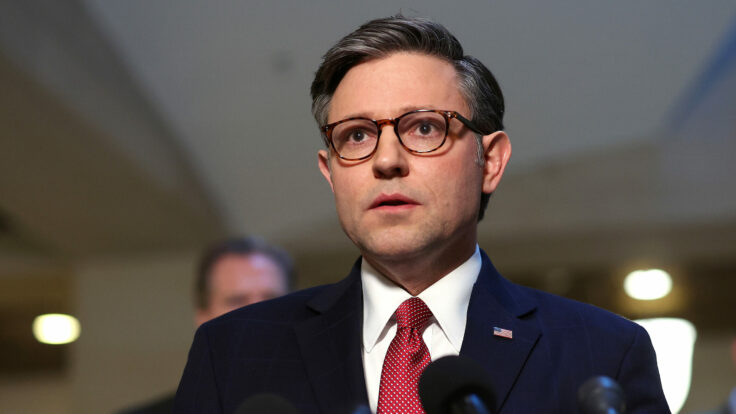|
Already a member? Log In
|
Sign up today to join the inside conversation at the nexus of Wall Street, Washington, Silicon Valley, Hollywood, and more.
Already a member? Log In
Exclusive to Inner Circle only







Enter your email for a free preview of Puck’s full offering, including exclusive articles, private emails from authors, and more.







You have 1 free article Left
To read this full story and more, start your 14 day free trial today →
Already a member? Log In
All of the insider knowledge from our top tier authors, in your inbox.
Already a member? Log In
You should receive a link to log in at .
You should receive a link to log in at .
You are logged into a free account as unknown@example.com
Already a member? Log in with your paid account
A new economic model in which writers are also partners in the business.
Customize your settings to receive the newsletters you want from the authors you follow.
Connect directly with Puck talent through email and exclusive events.
You are logged into a free account as unknown@example.com
ENJOY 1 FREE ARTICLE EACH MONTH
Subscribe today to join the inside conversation at the nexus of Wall Street, Washington, Silicon Valley, Hollywood, and more.